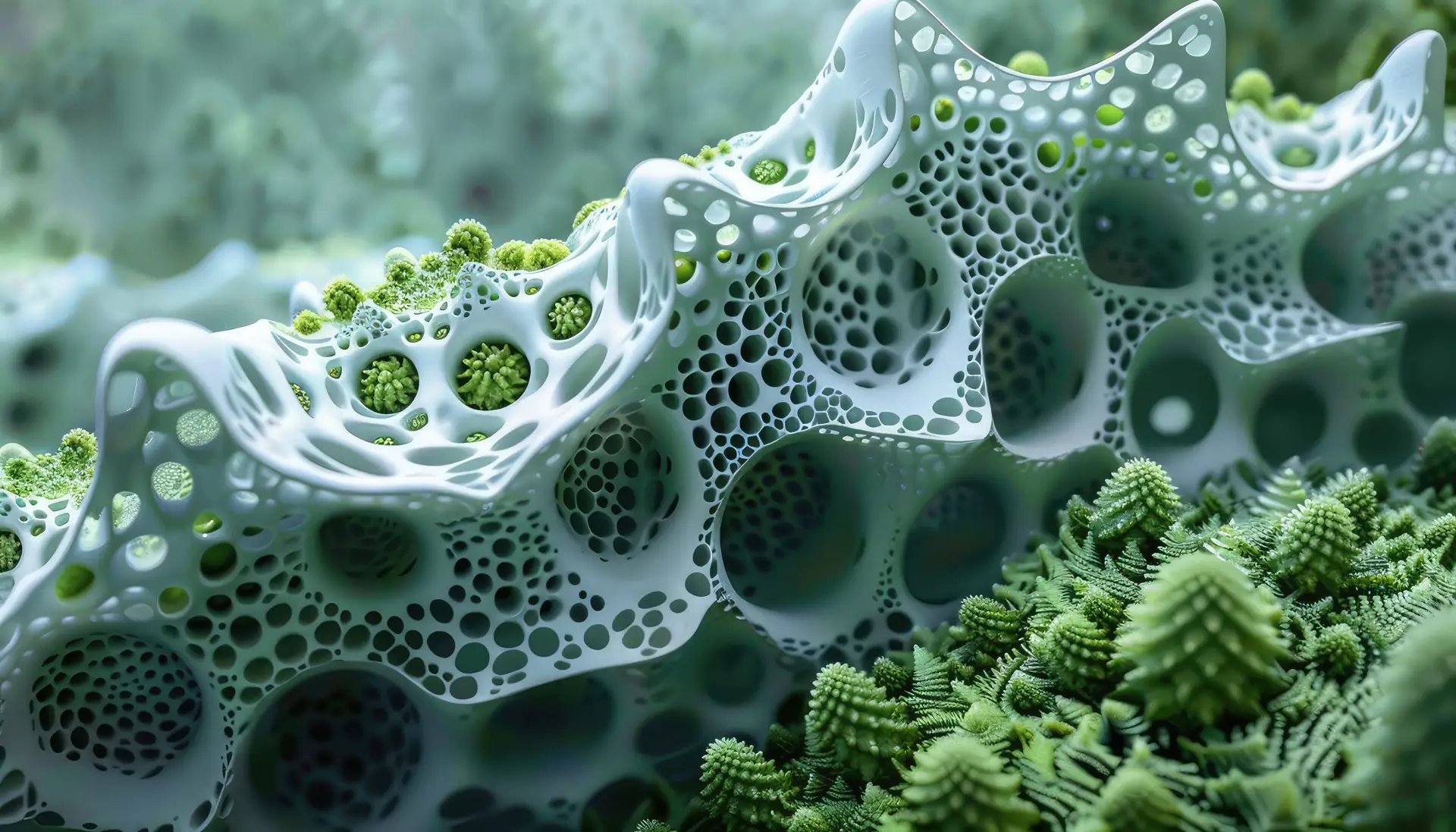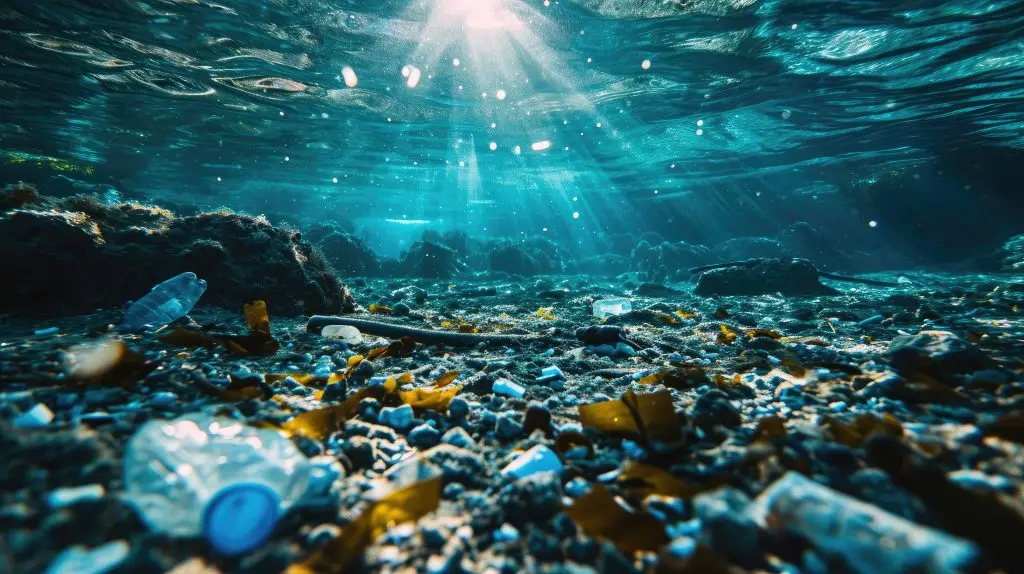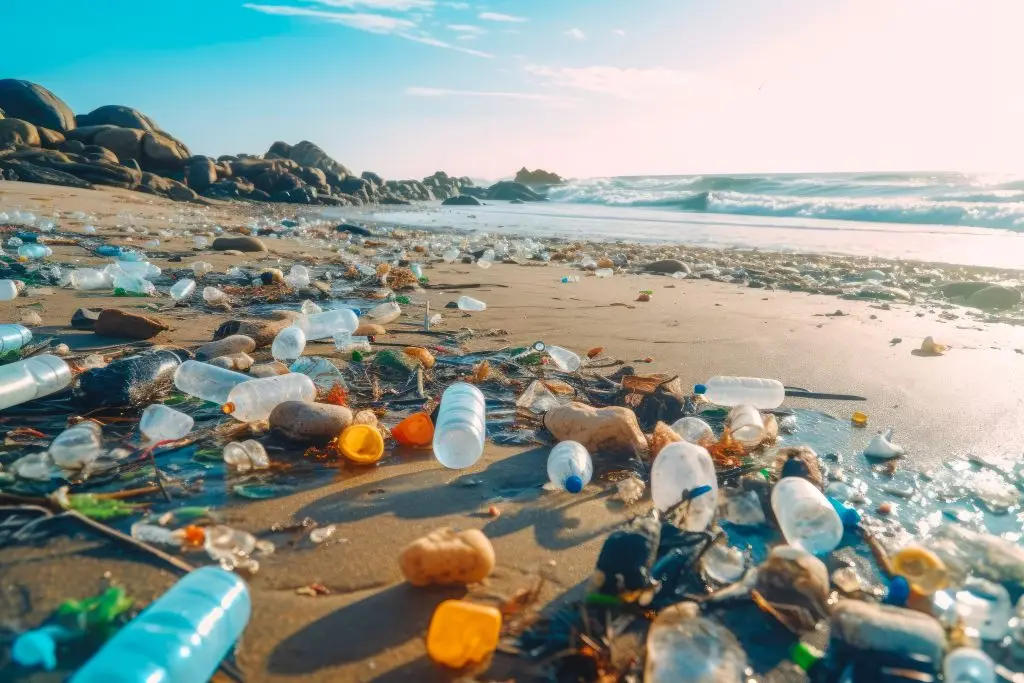How Synthetic Biology Could Revolutionize Plastic Waste Management and Material Production
Synthetic biology holds immense promise in addressing the global plastic crisis. By engineering microorganisms to efficiently degrade plastics and create new, eco-friendly materials, synthetic biology could potentially eliminate plastics from oceans and rivers, boost chemical recycling, and reduce reliance on fossil fuels. However, this innovative approach is not without its challenges and ethical concerns. This article delves into the potential, the progress, and the pitfalls of using synthetic biology to combat plastic pollution.

Synthetic Biology: A Game-Changer for Plastic Waste
Synthetic biology involves designing and engineering living organisms to perform specific tasks, such as breaking down plastic waste. Researchers have made significant strides in creating enzymes and microorganisms that can degrade plastics much faster than natural processes. For instance, the Wyss Institute has developed microbes capable of breaking down plastics into harmless substances like carbon dioxide and water. These engineered microbes could be globally deployed to clean up plastic waste from various environments, including oceans and rivers (Wyss Institute).
How Synthetic Biology Can Help
- Degrading Existing Plastics:
- Synthetic biology can significantly accelerate the degradation of plastics. Traditional microbes can only digest about 1% of the plastic they encounter each year, but synthetic biology aims to improve this efficiency dramatically (Wyss Institute).
- Innovations like the enzyme-based solutions developed by Carbios can break down polyethylene terephthalate (PET) efficiently, allowing the monomers to be recycled into new plastics without loss of quality (Polytechnique Insights).
- Creating New Materials:
- Researchers are also working on developing new types of biodegradable plastics that decompose when exposed to natural environmental conditions. These new materials could replace conventional plastics in many applications, reducing the overall plastic footprint (Alliance for Science).
- Synthetic biology allows for the creation of materials that not only degrade easily but are also produced using sustainable processes, such as utilizing carbon dioxide from the atmosphere to feed microbes that produce these materials (Wyss Institute).
- Boosting Chemical Recycling:
- Chemical recycling, which breaks down plastics into their chemical components, can be enhanced by synthetic biology. Engineered enzymes can make this process more efficient and less energy-intensive, making it a more viable solution on a larger scale (Wyss Institute).
The Dangers and Downsides
While synthetic biology offers promising solutions, it also raises several concerns:
- Ethical Concerns:
- The manipulation of living organisms to perform unnatural tasks can be seen as „playing God,“ raising ethical questions about the long-term impact on ecosystems and natural balances (Wyss Institute).
- Technological Challenges:
- Despite advancements, scaling these technologies to a level where they can have a global impact remains challenging. The cost of production and the need for substantial infrastructure investment are significant hurdles (Polytechnique Insights).
- Environmental Risks:
- The introduction of genetically engineered organisms into the environment carries unknown risks. These organisms could potentially disrupt local ecosystems or transfer their engineered genes to other organisms in unpredictable ways (National Geographic).
Conclusion
Synthetic biology has the potential to revolutionize how we manage plastic waste and produce materials, offering a path to significantly reduce plastic pollution and create sustainable alternatives. However, careful consideration of the ethical, environmental, and technological challenges is crucial. As the field progresses, it will be essential to develop robust regulatory frameworks and conduct thorough risk assessments to ensure these innovations benefit both humanity and the planet.
Final Thought: The future of our planet hinges on innovative solutions like synthetic biology. By embracing these advancements, we can make significant strides towards a cleaner, more sustainable world. But this requires not only scientific and technological breakthroughs but also responsible stewardship and ethical considerations.
Sources:
- Wyss Institute: „Plastic Degradation Company, Breaking, Emerges from Stealth with Naturally-Derived Solution to Degrade Multiple Plastics“
- Alliance for Science: „Synthetic biology offers two-pronged solution to global plastic problem“
- Polytechnique Insights: „How synthetic biology could help degrade plastic waste“
- National Geographic: „The World’s Plastic Pollution Crisis Explained“


